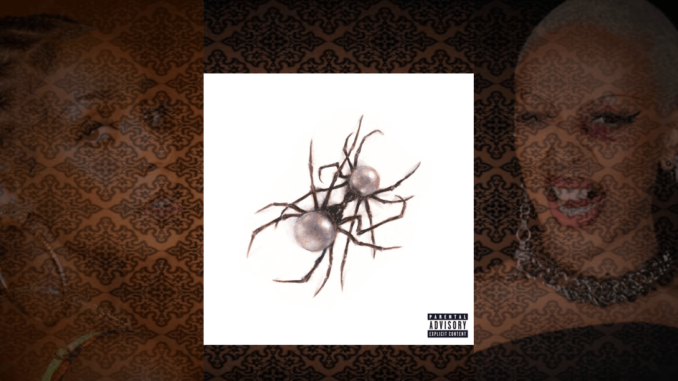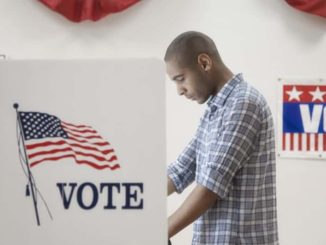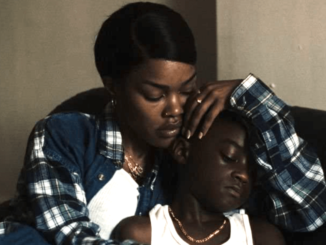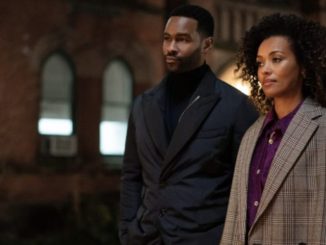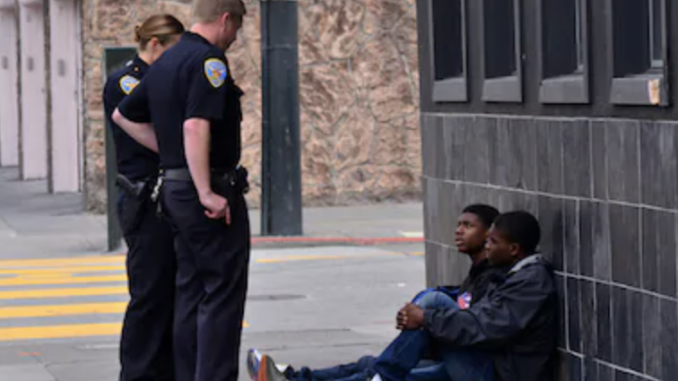
“What are you doing?” is something that my 7-year-old nephew asks me anytime we are together. From him, this phrase is usually followed up with a barrage of inquisitions that are inconsequential to the grand scheme of my life.
Several weeks back though, I was asked this very same question of “What are you doing?” and it nearly cost me, at the least, my freedom and, at the most, my life.
As piercing white light cascades from the newly installed LED bulbs of street lights onto the unevenly paved asphalt, the echo of several voices reverberate off the empty street and surrounding homes in a community near famed Slauson Ave.
In the distance is a car approaching, with no headlights but this isn’t the most uncommon thing seen in this area. As the car approaches and the conversation carries on, everyone notices that this is a police cruiser passing.
The cruiser, with two officers from LAPD, a police unit that has at least 36 officer-involved shootings from February 2019 to December 2019 according to LAPDOnline.org, passed the gathering of young black men and then, suddenly reversed their car to approach and address them.
The first question from the officers was “What are you doing?” During their inquiry, the officers simultaneously exited their vehicle to stop and frisk the young men.
On this night, the officers conducted an unconstitutional stop and frisk but no one was arrested and more importantly, no one was killed. However, this is only due to the fact that the Fourth Amendment was asserted and a supervising officer was requested.
What many may not know is that the U.S. Constitution forbids the unlawful search and seizure of one’s person or property via the Fourth Amendment. Officers ultimately wield the discretion to adhere and uphold individuals’ rights or to abdicate and deny due process. This is an inherent and fundamental issue with policing in black America.
The issue of police choosing whether or not to uphold the constitutional rights of black people renders the average person powerless when engaging with law enforcement.
Although the task may seem endless, the goal is simple. That goal is to implement a complete reformation of the police system in Los Angeles and nationwide. When most people talk about reforms for police, skeptics see this as punitive for people that have a hard job.
But, the vision is not far-fetched. It just takes reimagining of the standard qualifications and its subsequent impact on the community.
Require Officers To Experience Training With Intense Situations
One perspective that can be helpful to reformers is to operate under the premise that the desire is to make a dangerous job safer and officers more invaluable to the community.
Under the new proposed reform policies, officers will be safer with more training that requires experience in tense and contentious situations.
Require Officers To Obtain A Bachelors Degree
Officers would also have a new educational requirement of a four year Bachelors degree by 2026, instantly boosting their education.
Require Officers To Adhere To Local Gun Laws
Officers should also adhere to local gun laws but will still have the ability to use all the contents of their utility belt.
Require Officers To Take Therapy
In addition, officers should also have bi-weekly therapy sessions in which they can decompress and continue to bolster their mental health.
Independent Prosecutor Should Be Elected
The district attorney or prosecutor’s office would be part of the prosecutorial structure that would also be reformed. To alleviate any conflict of interest officers or prosecutors may feel, an independent prosecutor should be appointed by elections to oversee the conduct of police.
Abolish The 72-Hour Cool Down Period
The abolishment of the “72-Hour Cool Down Period” for police after a deadly police involved situation would assist officers in being as accurate and concise with details of any incident they’re involved in.
These are just some of the reforms that can be made to assist police and community members while quelling the unrest the nation is currently experiencing.
As I wrote this I thought back to 2003 when my brother, who was attending a funeral, was shot by the Inglewood Police Department nearly ending his life at 21 years old. Before the officer opened fire with his AR-15 at the Inglewood cemetery, he yelled out “What are you doing?” and “Get on the ground.”
Those words resonate with me to this day. I encourage people to start to ask, ‘What are you doing about racism? What are you doing, about police brutality? What are you doing, about housing discrimination? What are you doing, about the violation of rights for those who are rendered powerless by the illegalities of the police?’
Now, when I hear the words of my 7-year-old nephew ask me so innocently, “What are you doing?” I can’t help but to tear up knowing that these four words have so much gravity. Hopefully, these four words will return to innocence by the time my nephew becomes my age.
Editorial By: Advocate for Police Reform in Black Communities
